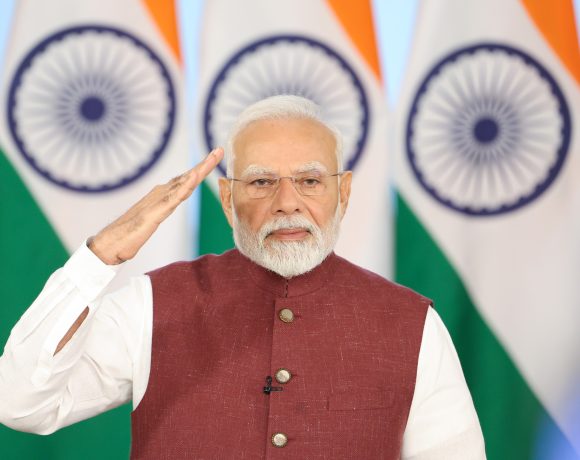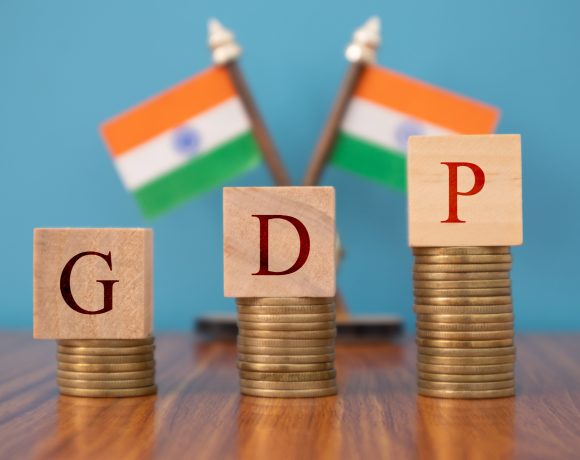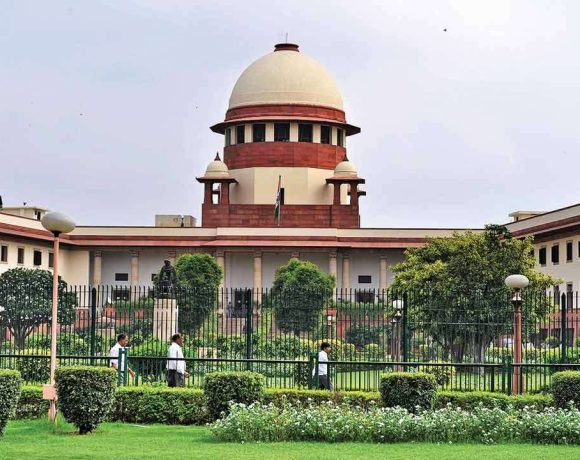
India Responds to China over Dalai Lama Succession Controversy
India has made a firm statement regarding China’s recent comments on the succession of the Dalai Lama, asserting that it is an internal matter and rejecting external interference.
India Says Succession Is Internal Matter
Union Home Minister Kiren Rijiju emphasised that recognising the Dalai Lama’s successor is a religious and cultural decision for Tibetan Buddhists. He cautioned against foreign intervention, affirming India’s respect for the process and proper handling within the community.
Response to China’s Criticism
Earlier, China criticised the Central Tibetan Administration and reiterated that recognizing a new Dalai Lama without Beijing’s approval “defies history and the law.” India responded by asserting its support for religious freedom and stating that it does not accept any external assertions on this matter. Rijiju noted India will continue its long-standing tradition of hosting the Dalai Lama and the Tibetan spiritual community.
Historical and Diplomatic Context
India has provided shelter and support to the Dalai Lama since his arrival in 1959, following his escape from Tibet amid Chinese control. The choice of his successor has long been viewed as a spiritual process by Tibetan Buddhists. China, however, claims political authority over Tibetan religious affairs, seeking to assert its influence on the reincarnation decision.
Implications for India–China Ties
India’s position, framing the succession as a purely spiritual matter, aims to prevent China from expanding its influence into cultural and religious domains. The stand reaffirms India’s respect for Tibetan autonomy in spiritual affairs amid broader bilateral tensions.


















